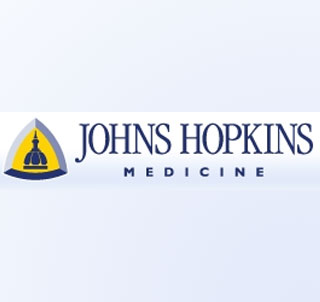
The researchers performed an experiment on mice. Some mice were given a single modest dose of epicatechin whereas some weren’t. Ninety minutes later, all the mice were induced with an ischemic stroke by essentially cutting off blood supply to the animals’ brains. The outcome was that, the mice which had digested the epicatechin did not suffer much brain damage. But the ones that were deprived of epicatechin, suffered significantly from brain damage.
However, it appeared that epicatechin was seemingly unable to avoid neuronal damage when given to mice 3.5 hours after a stroke. Usually, most treatments against stroke in humans should be given within a two- to three-hour time window to be effective. Even, when the compound was given six hours after a stroke, it failed to offer any protection to brain cells.
Sylvain Doré, Ph.D., associate professor of anesthesiology and critical care medicine and pharmacology and molecular sciences at the Johns Hopkins University School of Medicine remarked that the research suggested that epicatechin stimulated two previously well-established pathways known to shield nerve cells in the brain from damage. He claims that when the stroke hits, the brain is ready to guard itself as the Nrf2 and heme oxygenase 1 are activated. The research further claimed to find that in the mice which were not given epicatechin there selectively lacked the activity of those pathways. So, epicatechin had no significant protective effect and their brain cells died after a stroke.
The amount of dark chocolate that should be consumed by people, so that it can benefit is still unknown. Hence, people should avoid consuming large amounts of chocolate, especially, which are high in both calories and fat. Instead, people should follow a diet consisting of fruits and vegetables. Also, all dark chocolates are not created equally and some may have more quantity of bioactive epicatechin than others.
Doré says, “The epicatechin found in dark chocolate is extremely sensitive to changes in heat and light. In the process of making chocolate, you have to make sure you don’t destroy it. Only few chocolates have the active ingredient. The fact that it says ‘dark chocolate’ is not sufficient.â€
Scientists had been aroused by the potential health benefits of epicatechin by researching the Kuna Indians, a remote population living on islands off the coast of Panama. Although the islands’ residents had a low incidence of cardiovascular disease there were no significant differences in the genes. Nevertheless when they moved away from Kuna, they were no longer protected from heart problems. It was then realized by the researchers that the reason could apparently be the environmental conditions of the island. The residents of Kuna regularly drank a very bitter cocoa drink, with a consistency like molasses, instead of coffee or soda. The drink was high in the compound epicatechin, which is a flavanol, a flavanoid-related compound.
However, Doré insists that epicatechin is needed to jump-start the protective pathway that is already present within the cells. Therefore, as per his research probably a small amount is enough because the suspected beneficial mechanism is indirect. He further suggested that epicatechin itself may not be shielding brain cells from free radical damage directly, but instead, epicatechin, and its metabolites, may be prompting the cells to defend themselves.
The research is online in the Journal of Cerebral Blood Flow and Metabolism.
